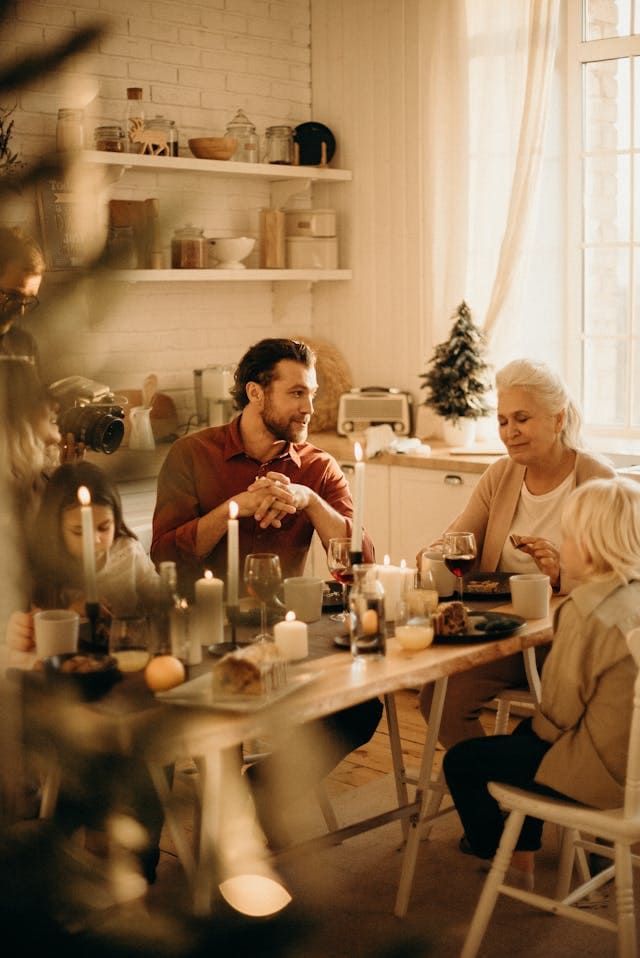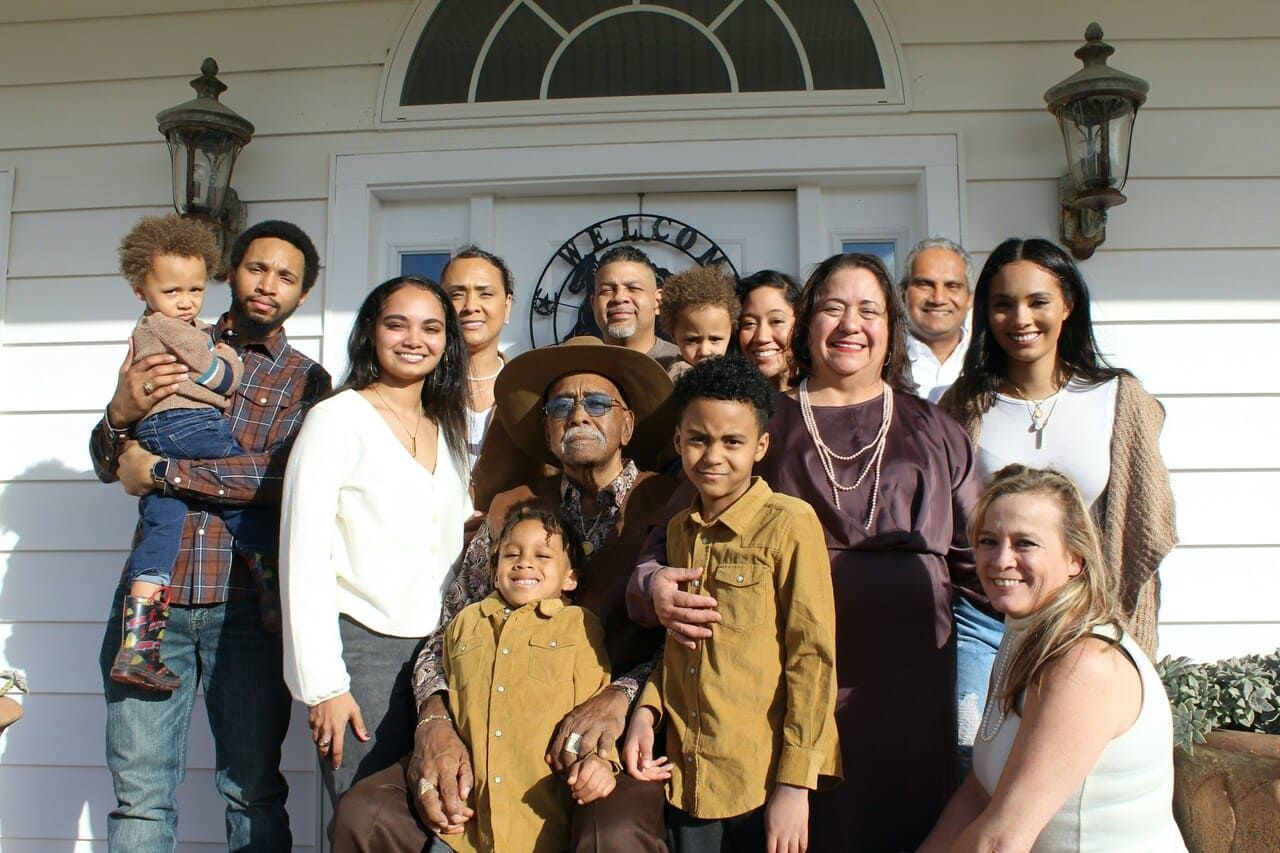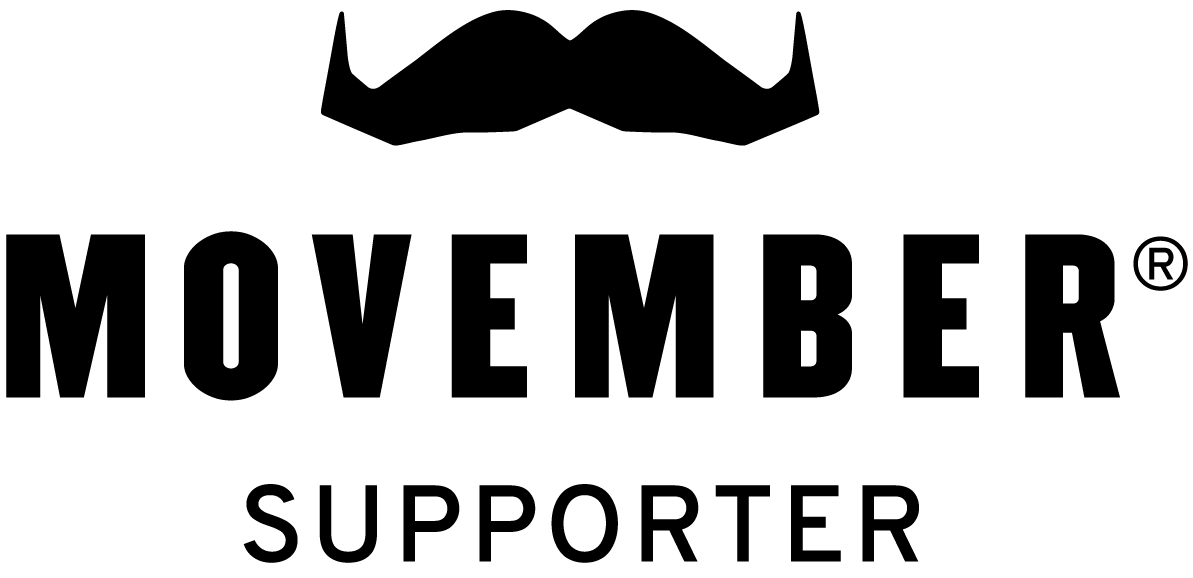Holidays With Family - A Psychologist's Survival Guide
Tamara Ruh • December 29, 2024
How To Navigate Family Dynamics & Thrive During The Holidays

It's Not Easy, It Really Isn't
Ah, the holidays. 🎅 That time of year when we reflect, reconnect… and sometimes get completely triggered by our dearest. It can sometimes literally feel like stepping onto an emotional battlefield disguised as a dinner table. As much as we love them, family has a special way of pulling us back into roles we thought we left behind. Growth opportunity? One hundred percent! But let’s be real—it's not always easy.
It's Like Going Back In Time
The minute we walk through that door, it's as if time rewinds. Suddenly, we're the same kid or teenager trying to keep the peace, avoid drama, or explain why we still don’t have it all figured out. Family dynamics have a gravitational pull, and shifting these dynamics can feel nearly impossible. The people who have known us the longest often have the hardest time seeing how we’ve evolved. And yet, we keep evolving, creating an even bigger gap that can feel hard to bridge.
The Hearts Wide Open team is here to help! Last year, we invited our esteemed friend Jakob, an ambitious psychologist and conscious activist, to share his insights and strategies for navigating the holiday season with peace and balance. Looking back, we're excited to share our top picks from Jakob's Survival Tools! Looking for the whole playbook? 👀
Watch the full episode here.
Breaking Free From The Familiar
One major obstacle is the "defusion of responsibility." We often believe others are responsible for our emotions, that it's their job to change, not ours. But the truth is, we hold the key to liberation in our own hands.
Ever sat at the table thinking, "Someone else will bring it up, I’ll wait for a better moment"? We often avoid the uncomfortable, hoping someone else will address it for us. Whether it's expressing gratitude or setting a boundary, we may silence ourselves to avoid conflict, as Jakob pointed out. Yet, deep down, we yearn to be seen, even if it's messy.

It all begins with self-awareness, and here are our tools and strategies to help you find more balance:
1. Mental Preparation
Before visiting your family, take a moment to envision the kind of PERSON YOU WANT TO BE in their presence.
Journal about it. Involve all your senses to really anchor that desired way of being deeply within you.
- How would you like to feel around them?
- How do you see yourself, how do you look from a bird's eye view?
- What smells are present, what do you taste?
- How does your voice sound?
- What kind of energy would you like to emit?
- Which values are you committed to embody during the experience?
- How would you like to respond, even when you are triggered?
For at least a week (better a month! :)) before the encounter, engage in a daily meditation-visualization exercise, where you spend a few moments each morning envisioning and feeling the upcoming experience and how you'd like to approach it.
2. Handle with Care: Yourself First
Boundaries are your best friend during family time, as Jakob reminds us. It's not selfish to take breaks, whether that's a walk, a bathroom breather, or even a few minutes to scroll through your phone. If you feel your patience running low, listen to that signal. Shorten your visits if needed, or schedule solo time to reset. Balancing your “exposure time” is an important strategy. This allows you to truly enjoy the time you spend together and also have the necessary space to recover in between.
3. Pay attention to your triggers before they blow up.
Develop awareness of your early warning signs Jakob emphasizes. If these signs start appearing more frequently, take a break – time to turn to a self-care move! This way, you can recharge your energy and show up as the person you envisioned yourself to be.
Prompts that can help:
- Physical Signs: Increased heart rate, shallow breathing, muscle tension, fatigue, headaches
- Emotional Signs: Irritability, anxiety, frustration, impatience, feeling overwhelmed
- Behavioral Signs: Withdrawing from social interaction, excessive checking of your phone, snapping at others, engaging in unhealthy coping mechanisms (e.g., excessive drinking, overeating)
By identifying your early warning signs and developing a toolkit of healthy coping mechanisms, you can effectively manage your triggers and navigate challenging situations with greater ease and resilience.
Going Deeper & Shifting Gears - Additional Prompts:
Avoiding the hard stuff creates distance in the long run. The more we swallow our emotions, the more they pile up until, well… we might explode. If you find yourself mentally checking out, scrolling endlessly, or secretly hoping someone cancels Christmas, that’s your cue to reflect and change strategies. Sometimes the smallest truth, spoken with kindness, can clear the air.
- What are your typical coping mechanisms when you feel triggered?
- How can you replace these with healthier self-care strategies?
- What activities truly help you relax and recharge? (e.g., spending time in nature, listening to music, reading, exercise)
- How can you incorporate these self-care strategies into your daily routine?
Leading with Love (Even When It's Hard)
Jakob shares from his own experience that "coming in with a crowbar" – trying to force change or have a massive confrontation – rarely works. Instead, he recommends focusing on small, intentional shifts.
Family will test your patience, but leaning into love can shift the energy. When frustration bubbles up, try bringing your feelings into the room—gently. Expressing vulnerability isn't weakness; it's a sign of trust. It actually shows you believe the other person can handle what you're sharing.
Express your feelings gently and early. Instead of bottling things up, try gently expressing how certain comments or behaviors make you feel. "When you say [comment], it makes me feel [emotion]." This opens the door for dialogue and understanding.
Give second chances. When someone makes a comment that hurts you, ask: "Did you mean for that to sound [rude]?" This gives them a second chance to clarify, change, or address the issue.
"Me too": What in their behavior mirrors a behavior you don't like about yourself? This reflection can offer valuable insights.
Also—stay open to those moments when family reaches out. They might not say, "I love you," directly, but maybe they'll invite you to help cook or play a game. These small gestures can be quiet ways of reconnecting. Keep an eye out for them.

This holiday season, remember—it's not about perfect conversations or fixing every relationship. Growth happens in the moments you stay present, even when things get uncomfortable. Connection, in all its imperfect glory, is still the strongest guide we have.
Tamara <3
The Men's Health Blog
Listen to our podcast
We share real life experiences & feature experts in & around the domain of Men's Health twice a month.
Here's how you can get involved with Hearts Wide Open & Men's Health
Something for everyone
Share your thoughts and feedback on the Wall Of Love, listen to our inspiring men's health podcast, become a guest on our show, join our community by signing up for Letters From An Open Heart and don't forget to follow us on our socials to view all our inspiring content.
Made by Dennis Amo with ♥








